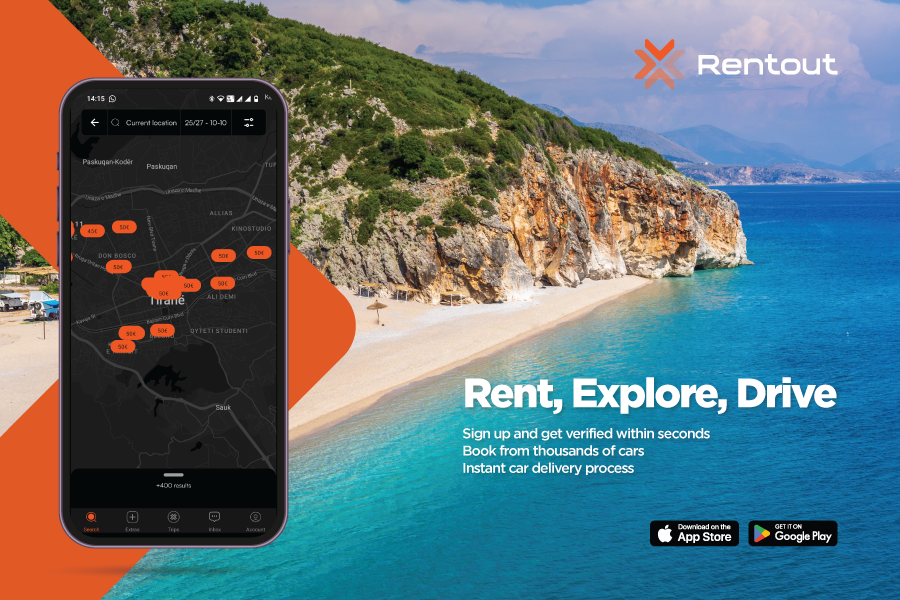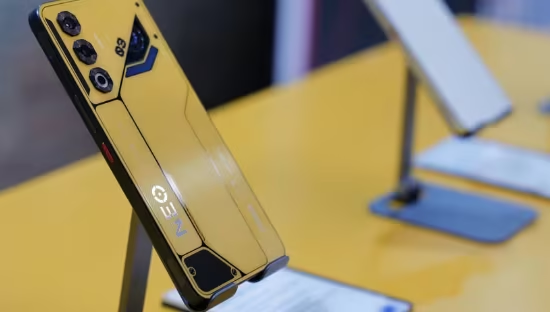
EU and Albania to Go Roaming-Free in 2026: What It Means for Travelers and Digital Integration
For years, travelers between the European Union and the Western Balkans have faced one persistent frustration: unpredictable roaming charges. Whether for business trips to Tirana, summer holidays on the Albanian coast, or family visits across borders, mobile bills could skyrocket after a few days of simple map navigation, photo sharing, and messaging.
That may soon change.
European Commission President Ursula von der Leyen announced this week that all roaming fees between Albania and the EU will be eliminated starting in 2026. The news came during the EU–Western Balkans Investment Forum in Tirana, where von der Leyen described the move as a major step toward deeper digital integration between the EU and its southeastern neighbors.
“We reached an agreement with operators in 2023, and next year we will remove all roaming charges between Albania and the EU,” von der Leyen said in a speech, later shared by Albanian Prime Minister Edi Rama on Facebook.
For millions of users across Europe’s southeast, this is more than a technical telecom update — it’s a tangible symbol of connection, trust, and progress toward EU membership.
The Current Roaming Landscape
Within the European Union, roaming charges were abolished back in 2017, giving birth to the now-famous “Roam Like at Home” model. Travelers from France to Croatia or from Italy to Greece can use their phones abroad just like at home — calls, texts, and data included.
But that rule doesn’t extend beyond EU borders.
For the Western Balkans — Albania, Bosnia & Herzegovina, North Macedonia, Montenegro, Serbia, and Kosovo — using mobile data in EU countries still costs more. Although prices have fallen in recent years, data roaming remains significantly more expensive than within the EU zone. Depending on the operator, 1 GB of data can still cost €10–€30, while a quick video call or Google Maps session can easily trigger extra fees.
In October 2023, the EU–Western Balkans Roaming Declaration took a first step toward bridging that gap. It brought together telecom operators from both regions to gradually reduce retail data roaming charges, aiming to make cross-border use cheaper and more predictable. The plan envisioned a phased reduction: first to around €18 per GB, then further down in the following years.
Von der Leyen’s new announcement takes that cooperation further — and faster — by pledging to completely remove roaming fees between the EU and Albania as soon as next year.
How We Got Here: From Regional Cooperation to EU Integration
The roots of this change go back to 2019, when the six Western Balkan economies signed the Regional Roaming Agreement (RRA). It was a breakthrough: by July 2021, users could call, text, and surf the internet within the region at domestic rates, mirroring the EU’s internal roaming model.
This success was coordinated by the Regional Cooperation Council (RCC), an EU-supported body that helped align the Balkans’ digital markets. After that milestone, attention naturally shifted to the next frontier — connecting the Western Balkans with the EU.
The 2022 EU–Western Balkans Summit in Tirana marked that turning point. There, 38 telecom operators signed a joint declaration to start lowering roaming prices between the two regions, setting the stage for gradual integration of digital markets.
Now, just a few years later, Albania has become the first Western Balkan country to secure a full “roam like at home” deal with the European Union.
Why Albania Is Going First
There are several reasons why Albania leads this wave.
1. Political momentum. Albania is one of the most pro-EU states in the region, having opened accession negotiations in 2022. The roaming deal reinforces the narrative that integration delivers concrete everyday benefits — not just abstract diplomacy.
2. Manageable telecom ecosystem. With three main mobile operators (One Albania, Vodafone, and Albtelecom), the market is relatively compact, making cross-border alignment technically simpler and commercially feasible.
3. Strong alignment with EU regulation. Albania has already harmonized large parts of its telecom legislation with the EU acquis, enabling a smoother transition to EU-style roaming standards.
In short, Albania is the perfect pilot country to test how “EU-Balkan roaming-free” might work in practice.
What Needs to Happen Next
Of course, political announcements are the easy part. Making this work operationally involves overcoming several challenges:
- Wholesale costs. Even when retail roaming is free, telecoms still charge each other wholesale fees for network access. Negotiating those rates down — without harming small operators — is tricky.
- Network coordination. Technical systems like billing, authentication, and quality-of-service need to be standardized between EU and Albanian networks.
- Fair competition rules. Regulators must ensure smaller or regional carriers aren’t disadvantaged by larger pan-European groups.
- User transparency. Consumers will need clear communication on fair-use policies to prevent abuse, such as using EU SIMs permanently in Albania or vice versa.
If implemented carefully, the Albania–EU deal could serve as a template for Serbia, Montenegro, and North Macedonia, which have already expressed interest in similar bilateral agreements.
What It Means for Travelers and Businesses
For travelers, the benefits are obvious: no more surprise bills, and a seamless mobile experience whether you’re in Paris, Tirana, or Berlin. The move will likely boost tourism, cross-border business, and digital nomadism, particularly for startups and freelancers who depend on constant connectivity.
For telecom companies, it may look like a revenue loss at first — but the experience inside the EU suggests otherwise. The abolition of roaming fees within the EU actually increased overall data usage, offsetting part of the lost surcharges. More travel means more traffic — and, potentially, new customers.
The Broader Trend: Europe’s Expanding Roaming Zone
Albania isn’t the only neighbor on the EU’s digital horizon. Earlier this year, the EU agreed to integrate Ukraine and Moldova into the EU roaming zone by 2026, allowing users from those countries to “roam like at home” inside the EU.
If both moves are realized on schedule, Europe’s roaming-free area will soon stretch from the Baltic Sea to the Adriatic — covering not just EU members but also several candidate and partner states.
This expansion highlights the EU’s “digital foreign policy” in action: extending single-market benefits to strategic partners long before formal accession. It’s diplomacy through data.
Comparison: How Other Markets Handle It
Outside Europe, regional roaming integration remains rare.
- In Southeast Asia, ASEAN nations have discussed a common roaming framework for years, but progress has been slow due to fragmented regulations.
- Gulf Cooperation Council (GCC) countries introduced roaming price caps but stopped short of full elimination.
- Africa’s East African Community achieved a “One Network Area” across Kenya, Rwanda, Uganda, and South Sudan — but data charges still vary widely.
In that context, the EU–Western Balkans model stands out as the most advanced cross-border roaming integration effort globally.
Conclusion: Roam-Free as a Symbol of Belonging
The promise to end roaming fees between Albania and the EU isn’t just about cheaper phone bills — it’s a powerful political signal.
When Albania joins the EU’s “roam like at home” zone in 2026, it will mark the first time a non-EU country from the Western Balkans fully enjoys a digital right long reserved for EU citizens. That matters symbolically as much as practically.
It tells Albanian consumers, businesses, and travelers that they are part of Europe’s digital family — even before formal accession.
But it’s also a challenge for Brussels: once Albania goes roam-free, pressure will mount to extend the same privilege to Serbia, Montenegro, Bosnia & Herzegovina, North Macedonia, and Kosovo. The EU can’t afford a fragmented connectivity map.
If done right, this initiative could become the model for future digital expansion — one where data moves freely across borders before they disappear on paper. And that, more than any speech or summit, might be the strongest argument yet for a truly connected Europe.












